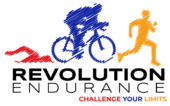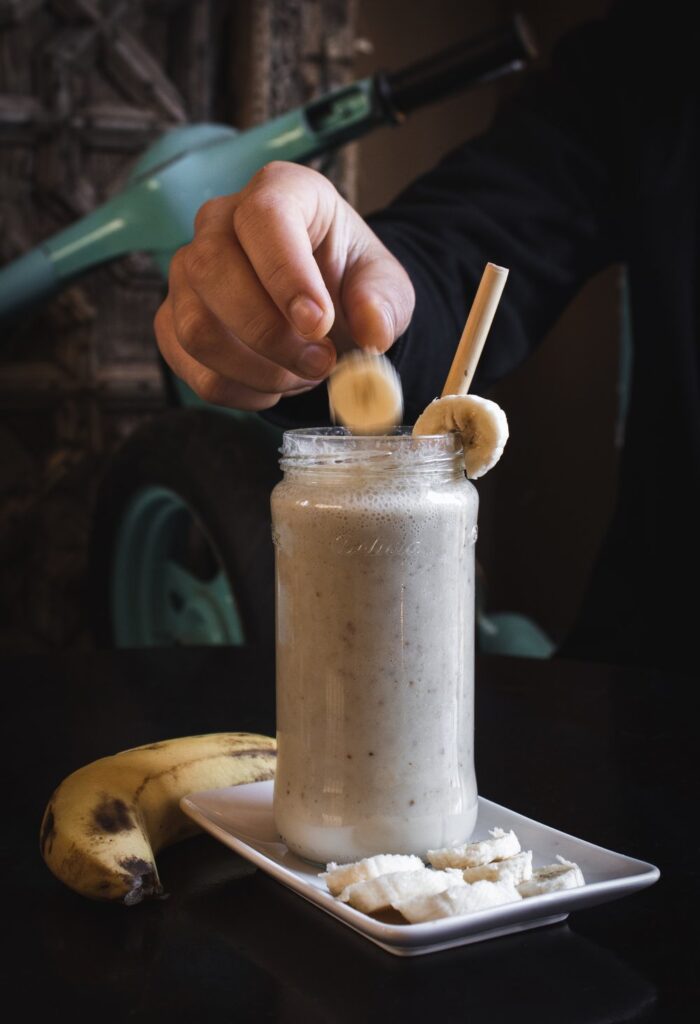Many recreational triathlete, cyclist, or runner are limited on spare time, with approximately 8-15 hours to train (depending on your race goals) and have a host of other family, work and life commitments. Sound familiar?
From a macro perspective, how should you think about the food you eat after your training to make it all happen & maximize your fitness adaptations? To get it out of the way, even at a high level it is still complex. As you may know, the foundation of a good training program is how well you recover. Therefore, after a strenuous training you must be balanced optimally with rest and recovery in order to reach peak fitness. Identifying the right balance of hard work and recovery is the most difficult part of serious training.
Understanding recovery is the easy part. It’s simply the repair of the damage which naturally occurs to structural proteins in muscles and connective tissues during a workout. Recovery is also the restoration of the energy-producing enzymes inside muscle fibers which are naturally broken down during training. In addition, it’s the refilling of the carbohydrate fuel stores within muscle cells, fuel depots which are at least partially emptied during workouts. And it’s the return to normal of the endocrine, nervous, and immune systems, all of which are distressed by a bout of physical training.
Besides sleep and relaxation, recovery also includes food. If you don’t eat well, you can’t sleep or relax well either. The undercurrent of it all is how your body handles cortisol, the stress hormone. If you don’t use nutrition smartly, then your baseline levels of cortisol elevate which, in turn, affect DHEA (Dehydroepiandrosterone), the key hormone co-factor of testosterone, estrogen, progesterone.
Post workout refueling is one of the basics that an athlete needs to get right, every time. By doing so, you’ll decrease the risk that you are piling up too many training sessions within one portion of your training cycle, and you’ll enhance your chances of really adapting to your training. However, not all training sessions are alike and some stress the body more than others. While there are significant differences in physiological and energy demands between 2hr tempo bike rides, 1hr interval runs, 90min swim sessions and 4-5hr rides with a 1hr run off the bike, all of them require 20-40g of protein within 30 minutes of completion.
Splitting meals can be beneficial to keep caloric intake in check. For a swim session (pool or OW) followed by a 2hr aerobic ride, for example, have the protein component of your next meal within 30 minutes of completion, then the remainder of your meal within 90-120 minutes post workout. For a brick session or hard interval workout, this is where a protein recovery drink or nonfat Greek yogurt can work well. Note that nonfat is preferable immediately following training to facilitate quicker gastric emptying. It is not uncommon after an intense track or brick session that you think it is hard to eat – the stomach simply isn’t ready to accept real food, but the protein component in that tight window is critical. Thus, a “recovery” drink or easy to eat protein source, like nonfat yogurt, becomes an athlete’s go to.
Why is the 30 minute refueling window so important?The first thing an athlete should be concerned about is stopping cortisol (breakdown hormone) and increasing muscle tissue leucine levels. Without leucine the muscle is not signaled to repair. Do this with 20-40g protein (men) or 25-35g protein (women) within 30 minutes. This protein hit also extends your window of glycogen recovery – from 45min to 2+hours. This is why meal splitting is so effective – you meet your body’s physiological needs for nutrient availability without overloading calories or slowing gastric emptying, which delays nutrients getting to the muscles. A multisport athlete needs to pay attention to both muscle adaptations AND glycogen recovery, especially when incorporating multiple sessions in a day.
By taking in protein & carbohydrate immediately after training, and again an hour later, athletes can get a head start on re-fueling their muscles after workouts. In the process they will also shape muscle-protein dynamics to favor protein creation and disfavor protein catabolism.
Take Home Points:
-
Your body needs carbs to fuel your working muscles during training.
-
Protein is there to help build and repair post workout.
-
Get a combination of the protein and carbs in your body 1 to 3 hours pre-workout and within approximately 30 minutes post-workout.
Post-workout meal examples include:
-
Post-workout recovery smoothie (or post-workout smoothie made with low-fat milk and fruit)
-
Low-fat chocolate milk
-
Nonfat Greek Yogurt
Train Smart.

